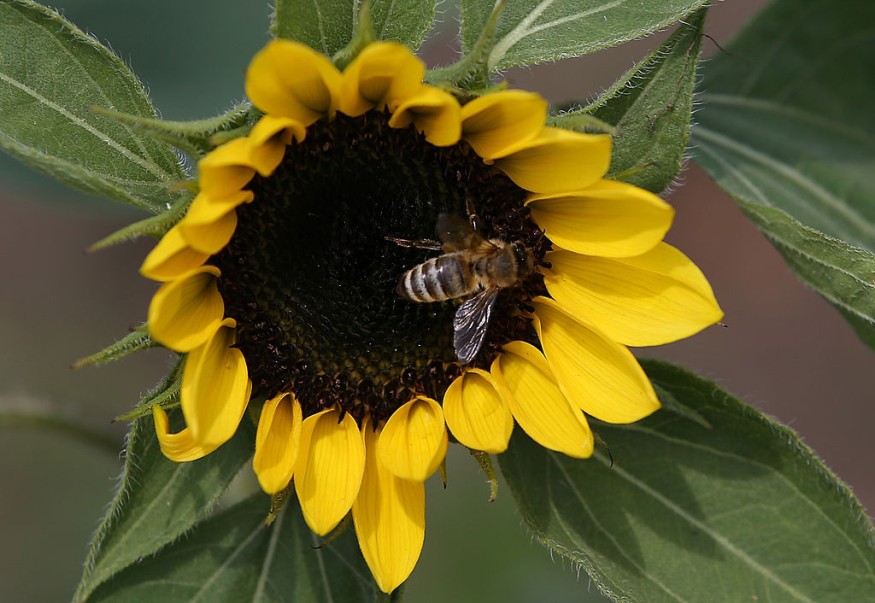
California court ruled that bees fall within the definition of fish under the state's Endangered Species Act (CESA).
The appeal rose with two major issues concerning the definition of fish as used in the definitions of endangered species, and whether the Fish and Game Commission (FGC) exceeded its statutorily delegated authority in listing four bumblebee species under endangered or threatened species.
Accordingly, three judges from Sacramento affirmed the decision, finding four species of California bumblebees are technically fish since they are invertebrates, Daily Caller reported, adding that "fish" does not confine to aquatic invertebrates only.
"We acknowledge the scope of the definition is ambiguous but also recognize we are not interpreting the definition on a blank slate," the appellate court's ruling stated.
"The legislative history supports the liberal interpretation of the Act (the lens through which we are required to construe the Act) that the Commission may list any invertebrate as an endangered or threatened species."
Agricultural Groups Opposed to the Classification
The four species namely Crotch bumblebee (Bombus crotchii), Franklin's bumblebee (Bombus franklini), Suckley cuckoo bumblebee (Bombus suckleyi), and western bumblebee (Bombus occidentalis) were listed endangered in 2019 by California Fish and Game Commission (FGC) under CESA, marking the first time they are given such protection in the state.
An agricultural industry coalition (that includes the Almond Alliance) opposed to the classification and argued that it would impose a massive financial burden on nut growers.
Almond Alliance of California President and CEO Audrey Bettencourt told The Daily Caller in an interview: "In an age where grocery store shelves are already empty, where we're struggling with high inflation and the cost of food here in California, something like this - the cost of food will go up because you're gonna have to chuck it in from somewhere the bee is not listed as an endangered species."
"We're in a drought and we have the highest water restrictions in the country, anywhere in the world almost, to be able to even irrigate to bring that crop to you," she continued.
"So the inputs to farming are increasingly more expensive, because they are not considered a priority."
The coalition have not yet appealed on last Tuesday's court decision in favor of FGC.
The decision overturned the 2020 lower court ruling in favor of Almond Alliance of California and its fellow plaintiffs.
The CESA Statute
The legislature finds and declares in their policy to conserve, protect, restore, and enhance any endangered species or any threatened species and its habitat, including "native species or subspecies of a bird, mammal, fish, amphibian, reptile, or plant."
The statute is consistent with conserving the species and to acquire lands for habitat for them.
The court, on limiting the term "fish" to aquatic, said it "would require a restrictive rather than liberal interpretation of the Act, which is also directly at odds with our duty to liberally construe the remedial statutes contained therein."
"We thus decline to apply the statutory interpretation canon here."
Related article : Environmental Impacts of Fracking Boom in the US
© 2025 NatureWorldNews.com All rights reserved. Do not reproduce without permission.





